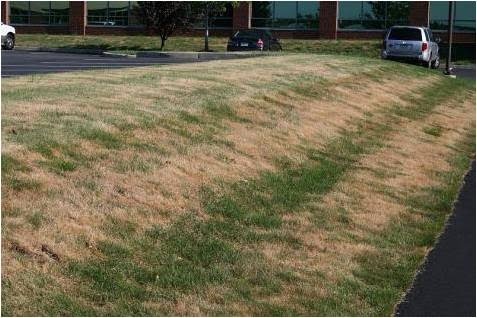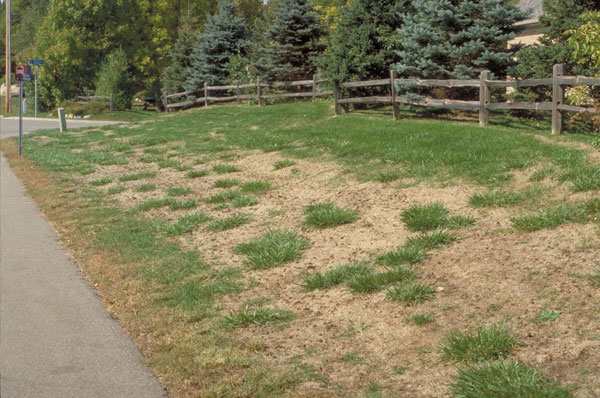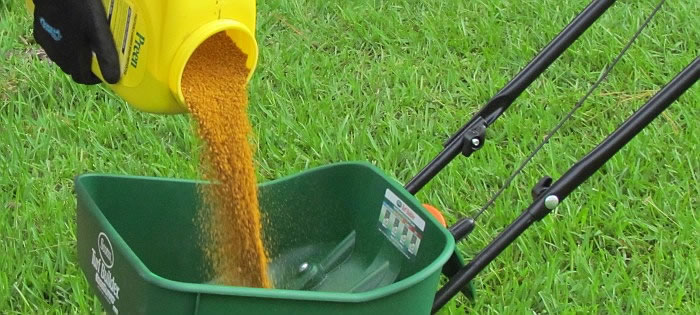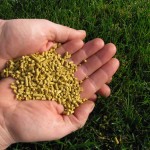Tip #1: Don’t use your water, buy a rain barrel.
Make a one time purchase expense, get a nice size rain barrel, and never pay extra on your water bills to water your lawn and garden. The average 20 x 20 ft lawn needs around 250 gallons of water per year. Depending on were you live, using your garden hose for this can end up costing around $25.00 – $50.00 per month!
Tip #2: Electric mowers are much friendlier to your pocket and the environment.
If you are an average home owner with a smaller lawn – electric mowers are the way to go. Low maintenance, no gas, and low electrical consumption makes this a no question decision.
Tip #3: Soil care, check your pH!
Healthy soil returns a beautiful lawn. Get your soil right, and save on tons of costs. pH ranges should normally be between 6.5 and 7.0. If you are unsure where to get your pH tested give us a call at (814) 515-3115.
Tip #4: Go with Organic Fertilizers:
Organic fertilizer will cost you $0.05/square foot, pre-season. Compare that to the cost of the most popular chemical fertilizer, known as 15-30-15, which costs $0.15/square foot, or three times as much.
Tip #5: Know where to find expert help.
Garden centers are a great source of information for lawn health. So are some local companies. Try to avoid the national companies that are more worried about making a sale, spraying chemicals, and leaving. Then you get a nice surprise bill in the mail. (Just try doing some yellow book or yellow page searches for national lawn care / fertilizer companies.)
Got a neighbor whose lawn makes you jealous? Why not go over, make conversation, then just ask them how they made it happen? More than likely they are going to share the methods with you!





